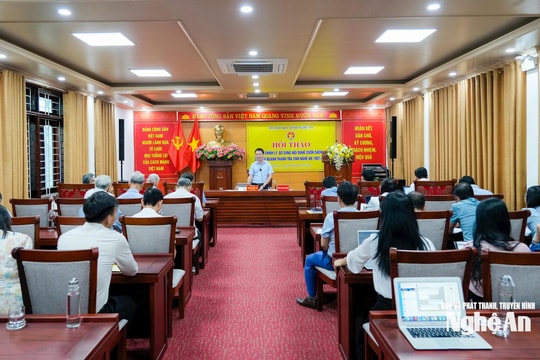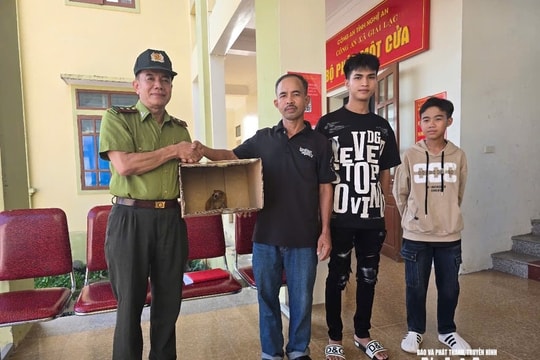4 types of tea that help improve memory in the elderly
Forgetfulness is the most common condition in the elderly. In addition to diet, exercise, acupuncture, massage… some types of tea help improve memory in this age group.
With increasing age, the body begins to age, and the brain gradually declines in function, leading to forgetfulness in the elderly.
1. Causes and symptoms of forgetfulness in the elderly
Memory includes recording, storing, searching and retrieving information. Memory loss can occur at any stage and in any subject but is most common in the elderly.
The reason is that after the age of 25, about 3,000 nerve cells are destroyed every day and cannot be restored. After the age of 60, the aging process occurs more quickly, so the number of elderly people with memory loss can reach 50% by the age of 85.
Dr. Huong Tra - Faculty of Traditional Medicine, Hanoi Medical University said that memory loss, also known as forgetfulness, absent-mindedness in the elderly often develops silently and progresses over time. Initially, the disease is mild and is just vague about events: forgetting things, forgetting people's names, forgetting time or work schedules... Patients have difficulty in daily activities such as using money, means of transportation, telephone; gradually lose shopping skills, have difficulty following instructions or finding their way...
Later, when the disease becomes more severe, the patient may experience some conditions such as: Difficulty expressing, difficulty finding language to express; stuttering, repeating past events without order; wandering, getting lost, forgetting daily tasks; difficulty coordinating movements to handle situations... People with amnesia are even at risk of encountering problems such as changes in memory, behavior and personality.
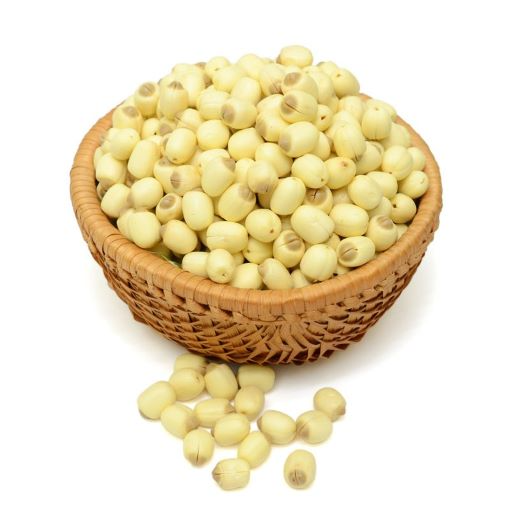
According to modern medicine, there are many causes of forgetfulness in the elderly such as: Due to the impact of other diseases such as Alzheimer's, epilepsy, stroke, brain atrophy, white matter degeneration... Due to brain damage such as encephalitis, meningitis, brain tumors, brain infections or blood clots in the brain. Due to mental problems: Depression, nervous tension, Due to lack of oxygen to the brain, or long-term CO poisoning. Using a lot of stimulants such as alcohol, beer, cigarettes, drugs...
According to Traditional Medicine, forgetfulness in the elderly is called Kien Vong. The pathogenesis is mainly caused by weak heart and spleen, weak kidney essence. To treat forgetfulness, Eastern medicine has many methods such as using medicine, massage, acupuncture, practicing Qigong, etc., including using tea.
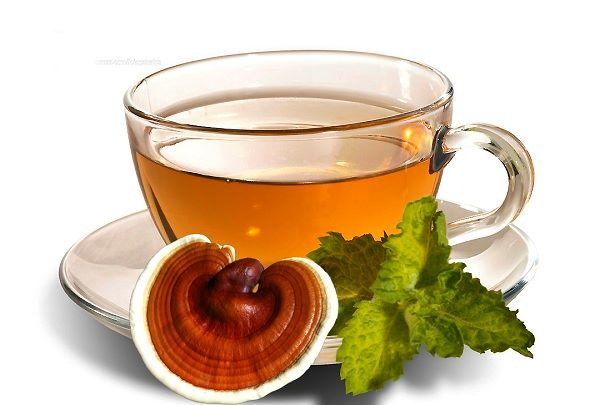
2. Types of tea that help improve memory in the elderly
According to Dr. Huong Tra, some of the following types of tea can help improve memory in the elderly:
2.1. Lotus seed tea helps improve memory
Lotus seeds, also known as lotus seeds, are a traditional oriental medicine, sweet and astringent in taste, neutral in nature, and are used in the kidney, spleen, and heart meridians. Lotus seeds have the effect of benefiting the spleen and stomach, nourishing the heart, and improving mental power. Therefore, lotus seeds are used to treat physical weakness, nervous breakdown, weak body, insomnia, poor appetite, anxiety, and indigestion. In addition, lotus seeds are also used to improve the health of the elderly, postpartum women, and people with long-term serious illnesses.
Use: Use lotus seed tea by crushing the lotus seeds, steeping them in boiling water and drinking. You can add a few jujubes or a little rock sugar.
Contraindications: Lotus seeds are neutral and non-toxic, but people with bloating, indigestion, or constipation should limit their use.
2.2. Ganoderma tea
Ganoderma is a precious mushroom, bitter in taste, cold in nature, and affects the heart, lungs, liver, and kidneys. Ganoderma has the effect of nourishing the mind, calming the nerves, replenishing qi and blood, strengthening the brain, and improving memory.
Doctors at several Chinese hospitals have concluded that Ganoderma lucidum is effective in treating a number of diseases such as angina, coronary heart disease, unstable blood pressure (sometimes low, sometimes high), bronchitis, asthma, rheumatism, chronic hepatitis, menopausal women's diseases, digestive diseases, helps clear the mind and improves memory...
Use:Use 5g daily, decoct and drink as tea.
Taboos:People with low blood pressure should limit the use of Ganoderma.
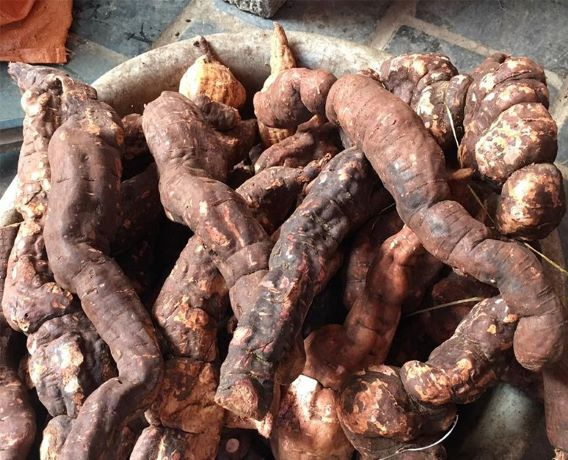
2.3. Polygonum multiflorum tea
According to traditional medicine, Polygonum multiflorum has a bitter, astringent taste, warm properties, and is classified into two meridians: Liver and Kidney. Polygonum multiflorum is considered a precious medicinal herb with the effect of replenishing blood and qi, darkening hair, treating kidney failure, improving memory, insomnia, malaria, reducing blood fat, stomach diseases...
Use:Use as tea or powdered fo-ti tea, 15-20g per day.
Taboos:Avoid using hot spices such as garlic, onion, ginger, chili, pepper...
2.4. Ginseng tea
According to the book Ben Jing, ginseng has the effect of "nourishing the five internal organs, calming the mind, calming the soul, stopping the nervous system, expelling evil spirits, improving eyesight, opening the mind and benefiting the intellect". Ginseng is a precious medicinal herb that helps to greatly replenish vital energy, calm the mind and benefit the intellect and is very beneficial for improving brain function. Using ginseng can help you concentrate, improve memory and mood.
Research published in the journal "Alternative and Complementary Medicine" reported that the frontal lobe function of Alzheimer's disease patients studied improved significantly after 12 weeks of ginseng use.
Use: Use as instant tea or tea leaves, 3-5g per day.
Taboos:Some cases should not use ginseng to avoid danger such as: People with digestive disorders, people with high blood pressure, people who often vomit, gastroesophageal reflux, women before giving birth...
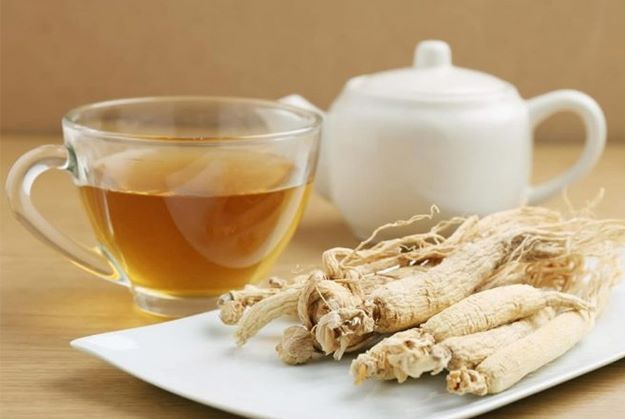
3. Other measures to help improve memory in the elderly
According to Dr. Huong Tra, the elderly can also improve their memory with the following measures:
- Regular exercise and movement:This helps promote blood circulation, increasing oxygen to all parts of the body.
- Supplement nutrients from food:Elderly people with memory loss should have a reasonable, healthy diet, ensuring adequate vitamins and minerals (especially vitamin B12 to protect nerve cells and ensure healthy brain function). Specifically, they should eat lots of green vegetables and fruits, and limit eating too much red meat.
- Stay away from stimulants:Limiting alcohol, tobacco and alcoholic substances is not only good for the brain but also helps prevent many other diseases of old age.
- Play mind games:Learn to play a musical instrument, learn a new language, play puzzles, do jigsaw puzzles... to exercise your brain regularly and prevent neurological aging.
- Keep your mind relaxed, optimistic, and avoid stress:Stress can make the elderly less focused, leading to forgetfulness. Therefore, you should maintain a comfortable, optimistic and cheerful spirit.
- Massage:Simple massage exercises performed regularly can also help clear the meridians, improve blood circulation, and help blood flow better to the brain.
Forgetfulness (memory loss) is a normal part of the aging process. However, it can also be the beginning of Alzheimer's disease or another dementia. Therefore, when there are signs of forgetfulness, the patient should go to the doctor to determine the cause of the disease, the severity of the disease, and find the appropriate treatment method./.

